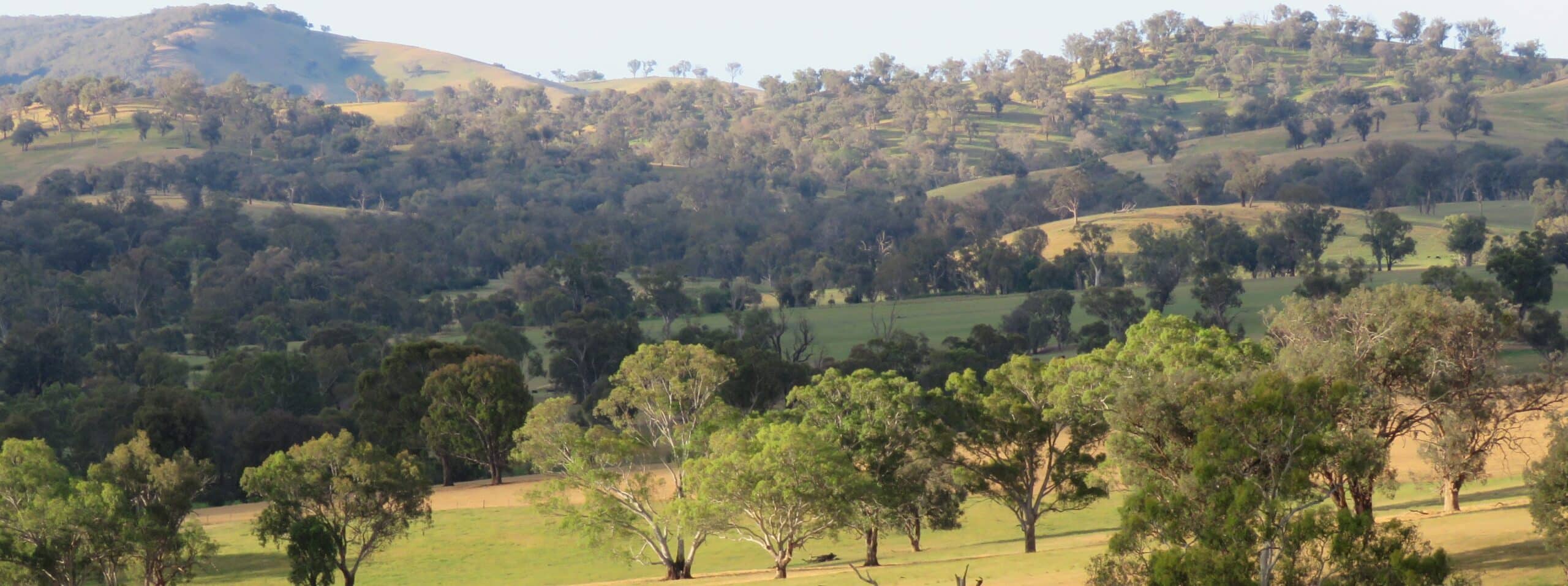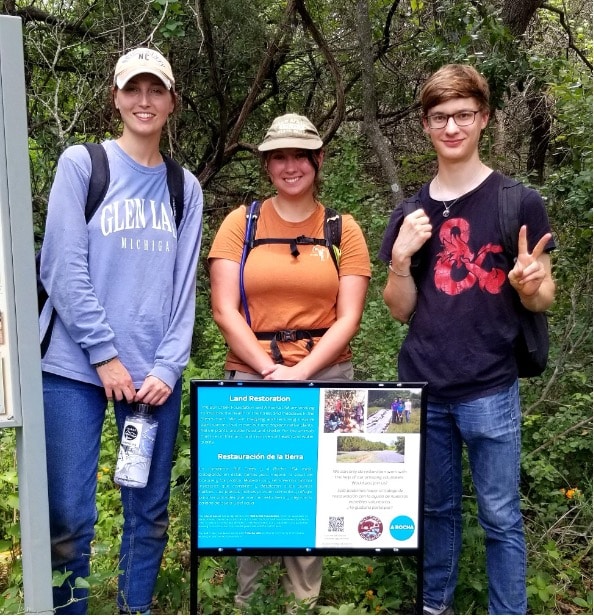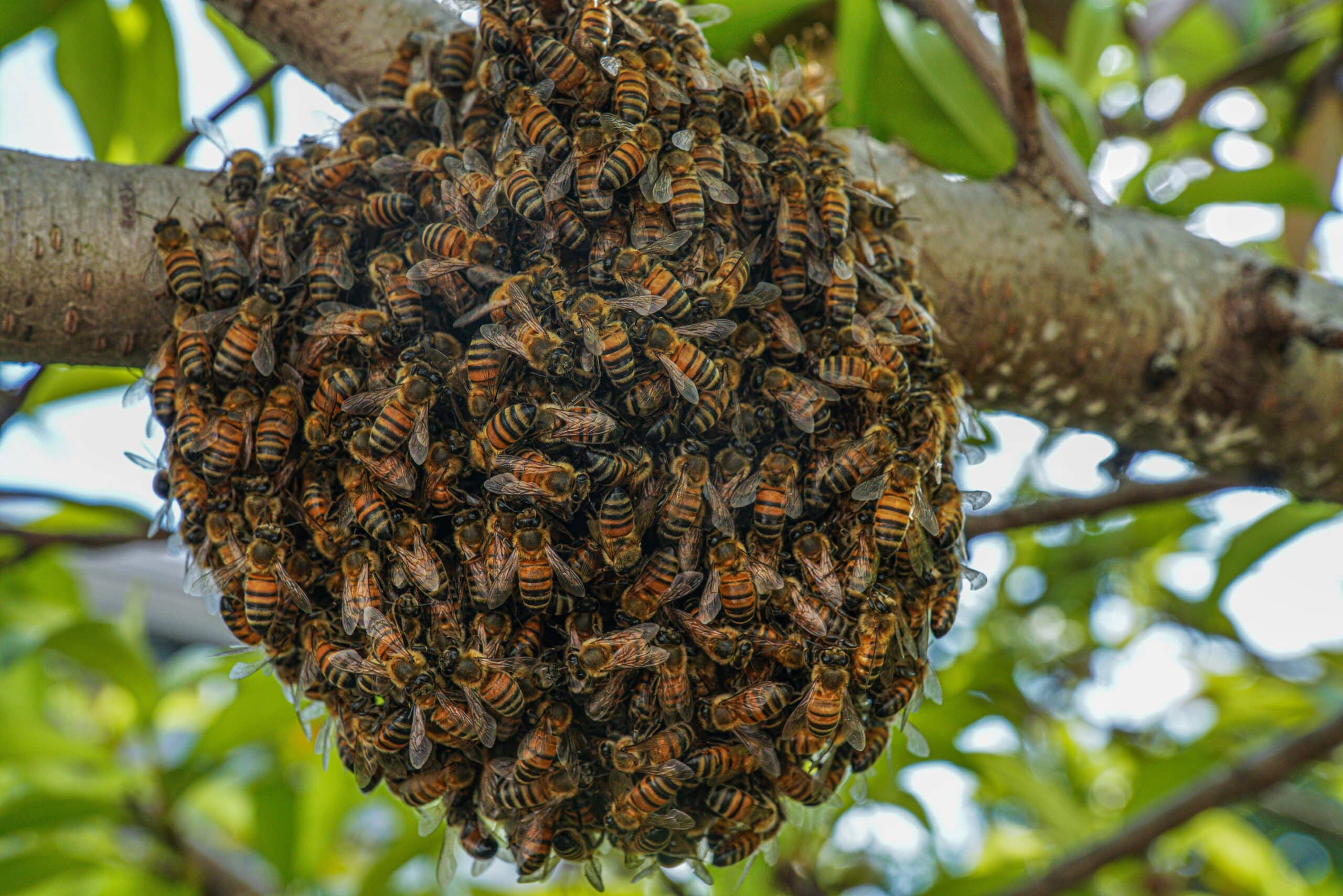Biodiversity Jenga
![]() This is an extract of an article from The Conversation: Wildlife conservation needs to change – and the game of Jenga can help us see why
This is an extract of an article from The Conversation: Wildlife conservation needs to change – and the game of Jenga can help us see why

I have been playing “Biodiversity Jenga” with university students, school children and members of the public in shopping malls for over a decade. I do this to explain concepts in food web ecology and show how ecosystems become less stable as species go extinct. Each brick has a different picture of a farmland plant, insect, bird or mammal on it and these are stacked to make a tower representing a farm ecosystem. I include human bricks too, who not only make decisions about how the farm is managed but are also dependent on the ecosystem for their own survival.
Players take turns to remove bricks, providing me with the opportunity to talk about the ecological role of individual species within the ecosystem, and whether they are threatened with extinction. As the game progresses, the tower becomes less and less stable as more bricks are removed – a poignant demonstration of the current state of nature. Although plants and animals are still present, the continued loss of species and their interactions with each other makes the ecosystem more and more fragile. And, as everyone knows, ultimately the whole thing will come crashing down.
Playing this game has made it apparent to me that biodiversity loss and climate change are not high priorities for many people, mostly because the issues seem intangible or invisible. They say they still see the same animals each year in areas where they live and work, so question whether there really is a problem. Playing Biodiversity Jenga helps to show that the insidious decline in abundance and ultimate loss of multiple species can have profound effects on the ecosystems on which we all depend.
But it also shows that there are reasons to be optimistic. By better understanding the structure and fragility of ecological networks, we provide a new approach for identifying groups of species that are important to the integrity of an ecosystem. These can potentially be targeted for conservation management to boost ecosystem resilience. And often these key species are not the charismatic mammals and birds, but rather plants and insects: the same species that tend to be overlooked in many current conservation programmes.
This is what my work involves: piecing together the multiple ways in which species interact and drawing upon the DNA technologies used in forensic science to construct and analyse ecological networks. Advances in this field provide enormous opportunities to develop new tools for building ecosystem resilience, to improve simultaneous monitoring of biodiversity and ecological processes and ultimately for ecological restoration. We must find more ways to present this work in tangible and creative ways that people can understand and take part in.
A critical audience for this message is the Christian church in all its diversity around the world. Often Christians are the most significant human presence in areas of the world where biodiversity is concentrated, so it is vital that churches, and their members who often play central roles in wider society, come to understand what their care for God’s creation could mean. It is also essential that their own understanding of how our relationship with God, whether flourishing or broken, can so directly impact our interactions with the rest of creation. This is an area of truly ecological relationship that has frequently been overlooked by western and secular approaches to conservation but it promises to approach old dilemmas and difficulties in new and fruitful ways.
We are happy for our blogs to be used by third parties on condition that the author is cited and A Rocha International, arocha.org, is credited as the original source. We would be grateful if you could let us know if you have used our material, by emailing [email protected].
Photo by Michał Parzuchowski on Unsplash




Thank you Darren, what a great thing you are doing. What an important message we need to get over to all but especially the church.